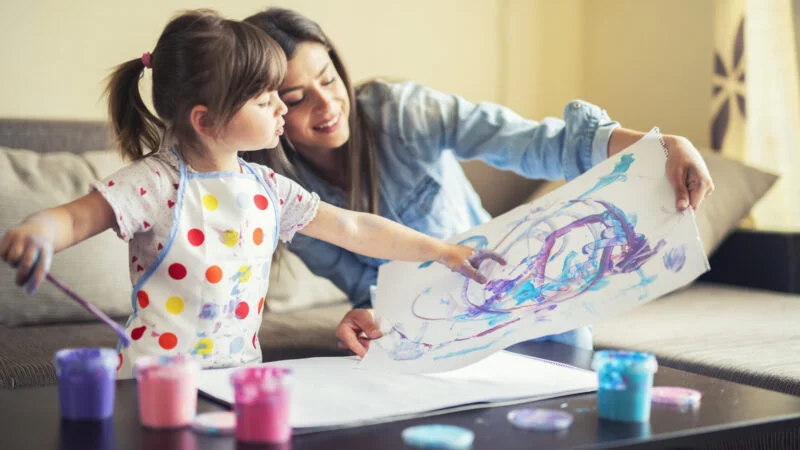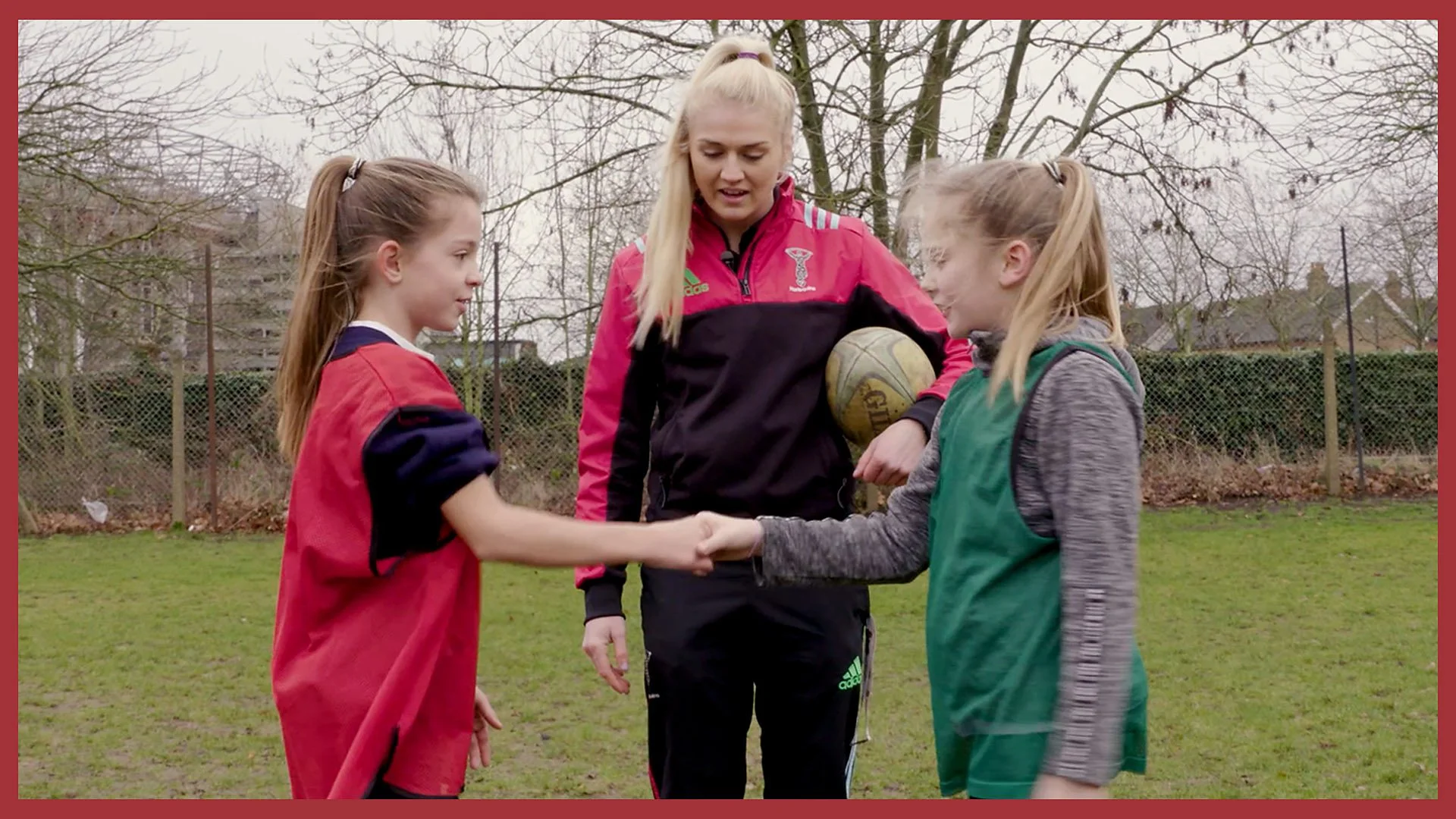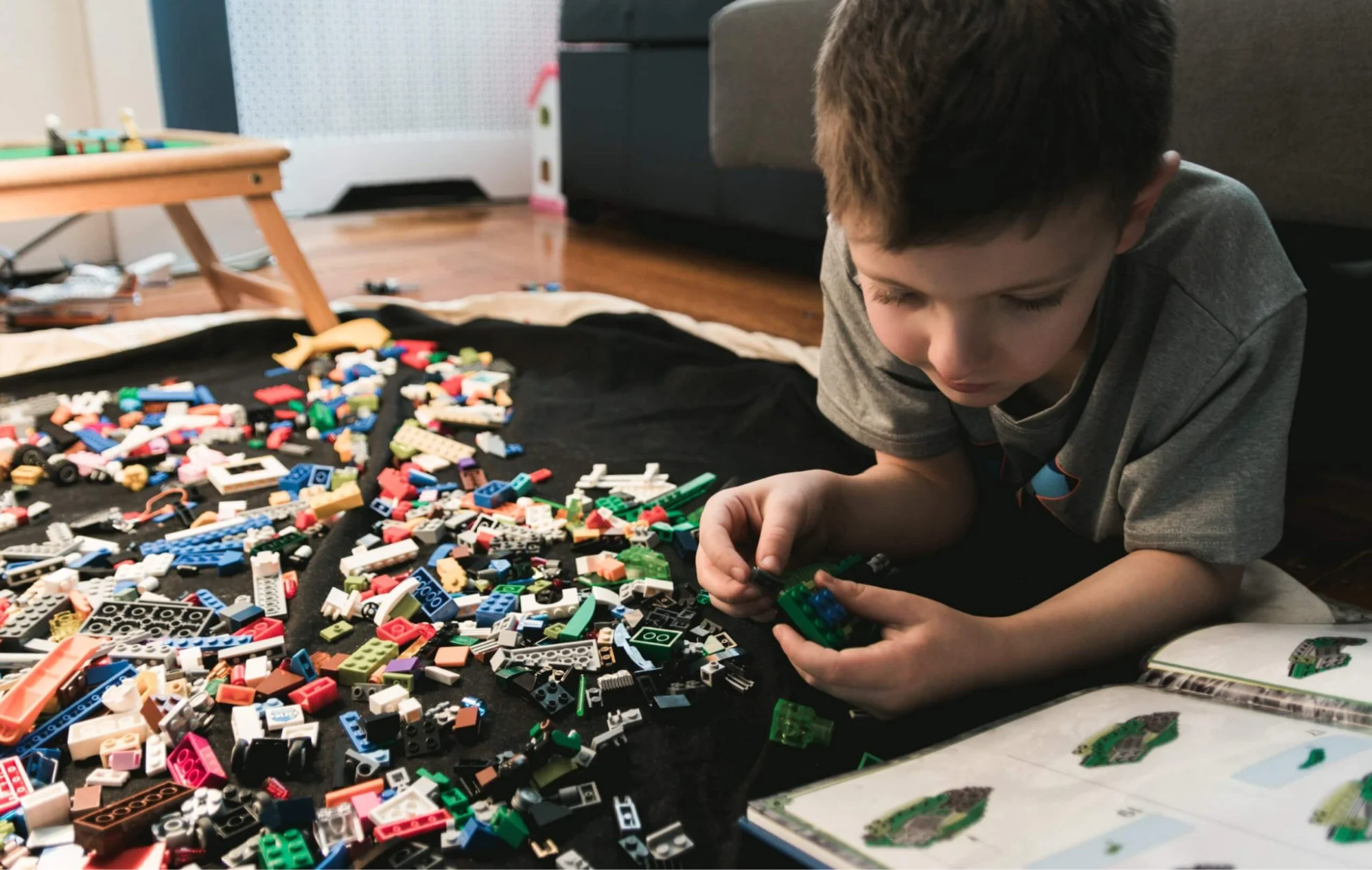
Update: This article was last updated on 1st March 2024 to reflect the accuracy and up-to-date information on the page.
Parenting may sound simple and easy, but the reality often involves dealing with tantrums, sulkiness, and a series of other challenges that make you question your sanity. And in the modern era, there’s the added problem of digital device addiction – a battle every parent seems to be fighting.
The feeling of exasperation and frustration is common among parents.
If you are in this situation, we’re here to support you. This blog offers well-researched information that can assist you in addressing the issue.
Austrian psychologist Alfred Adler introduced the concept of positive parenting in the early 1900s.
Alfred Adler believed that children have a fundamental need to feel connected to others. And that children thrive in a responsive and interactive environment and are less likely to play up.
Parenting is an art and Science
Experts say parenting doesn’t come easy to parents because it is an art every parent should master. Parenting is also a science that every parent needs to know. It is also a journey to self-discovery and self-learning.
The quote by Carl Jung, “Children are educated by what the grown-up is and not by his talk,” further supports this.
Parenting Styles
Studies show that usually parenting style relies on parents’ upbringing, their unfulfilled dreams and desires, and the wisdom they gained from society to rear a child. Results have shown that parenting is a bigger challenge and some meet the challenges with wisdom, some succumb to the pressure, some react and some become indifferent. That’s the reason parenting styles have been divided into four categories—authoritative, authoritarian, tolerant, and detached.
When it comes to parenting, a lot is at stake as it has a pervasive impact directly on your child. Therefore, awareness about the right parenting skills is vital. Analytical skills come in handy in the context of parenting.
The World Health Organization’s principles of positive parenting emphasize ensuring a safe, engaging environment; providing a positive learning environment; using assertive discipline; having realistic expectations and, last but not least, taking care of yourself as a parent. And it is possible with mutual respect.
Understand the Five Core Principles of Positive Parenting
In the era of evidence-based parenting programs, the Triple P (Positive Parenting Program) approach emerges as a basis of support.
It’s a comprehensive philosophy grounded in five core principles of positive parenting. These principles serve as a compass for parents, offering guidance on fostering a nurturing environment, reinforcing positive behavior, maintaining consistency, promoting open communication, and prioritizing self-care.
Principle 1: Ensure a Safe and Engaging Environment:
Create a home environment that is both safe and stimulating for your child. Remove potential hazards and provide age-appropriate activities for learning and exploration.
Principle 2: Positive Reinforcement:
Reinforce positive behavior through acknowledgment and praise. Recognize and reward your child’s efforts and achievements, fostering a positive atmosphere at home.
Principle 3: Consistency is Key:
Establish consistent rules and consequences. Consistency helps children understand expectations and reinforces the connection between actions and outcomes.
Principle 4: Open Communication:
Foster open and effective communication with your child. Practice active listening, validate their feelings, and encourage them to express themselves.
Principle 5: Take Care of Yourself:
Prioritize self-care to ensure you are physically and emotionally equipped to handle the challenges of parenting. A well-supported and balanced parent is better able to support their child.
Four Cs of Positive
ParentingEffective parenting is one of the most sought-after subjects among researchers. Dr. Christian Conte’s came up with 4 Cs of positive parenting.
Choices
According to him, giving your kids choices teaches them that making choices is a necessary part of life. Growing up with the opportunity to make choices helps kids understand what happens with every choice they make.
Consequences
As the saying goes, every action has a reaction, and likewise, every choice has consequences. Dr. Conte argues by providing appropriate consequences for your children, you’re preparing them for a world in which every choice they make will have associated consequences.
Consistency
The third C is consistency. Parents need to follow through on what they say. Kids will learn that if you genuinely mean what you say. While it’s unlikely that parents will always be 100% consistent, the more you value consistency, the more likely you are to prioritize following through.
Compassion
Parents are a child’s first teachers. Therefore, it’s important to instill compassion in every lesson you impart to them. Compassion is particularly crucial when they face the consequences of their choices. Your compassion helps them feel loved and secure, which in turn makes them more receptive to learning.
Here are some more steps that can be useful in parenting:

1. Mutual Respect
Instead of viewing yourself as the ultimate authority, adopt a policy of mutual respect with your child. To be heard, listen first. Treat your child as an individual by observing, understanding their concerns, and responding to their needs. This fosters confidence that they are being heard.

2. Bend Rules
Avoid strict rules and the confusion of obedience with love. A safe and engaging environment is created by being firm yet patient. When dealing with teenagers, handle peer pressure with care, using logical and polite communication. Avoid preaching and explain your views with examples to convey your point gradually.

3. Be Realistic
Recognize that children are not slaves; expecting blind obedience is a mistake. Acknowledge a child’s rationality, be patient, and resolve disagreements amicably. Trivializing their issues can be damaging, so empathize and respond positively to their emotions.

4. Avoid Comparisons
Identify your child’s strengths and weaknesses in personal, social, logical, and literacy aspects. Enhance their strengths instead of comparing and humiliating them for weaknesses. Understand and celebrate the uniqueness of each child.

5. Create a Positive Atmosphere at Home
Provide emotional comfort, moral support, appreciation, and encouragement to build your child’s self-esteem and self-confidence. Make your home a comfort zone, preventing them from seeking emotional support elsewhere. Affectional neglect may have severe consequences, so be attentive and nurturing.
Conclusion
The Committee of Ministers of the Council of Europe defined positive parenting in the Recommendation Rec(2006) as “parental behavior based on the best interest of the child that is nurturing, empowering, non-violent and provides recognition and guidance, which involves the setting of boundaries to enable the full development of the child.”
Today’s parents have access to a wealth of information guiding them about parenting tools and strategies to nurture their kids into positive and confident youth.
So, when in doubt look for information and recommendation.
Looking for a comprehensive parenting guide to ensure you are on the right track? Explore a wealth of parenting wisdom and educational insights in Moonpreneur’s blogs. Additionally, you can join our programs that nurture the next generation of innovators. Book a free trial now!


















Can the integration of music education enhance a child’s cognitive abilities and problem-solving skills?
Yes, music education improves cognitive functions like memory, attention, and spatial reasoning, enhancing problem-solving skills and overall brain development.
What are the psychological benefits of introducing mindfulness practices to children and how can art be a vehicle for this?
Mindfulness aids children’s focus, emotional regulation, and stress reduction. Art engages senses, fostering mindfulness through creative expression and awareness.